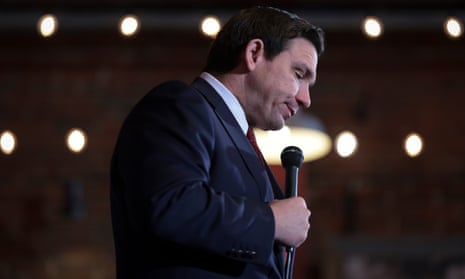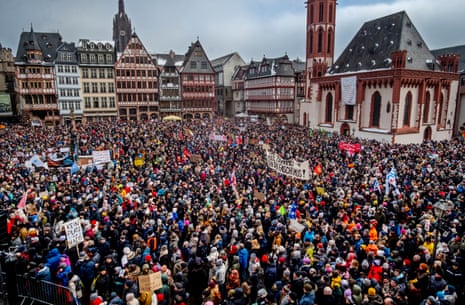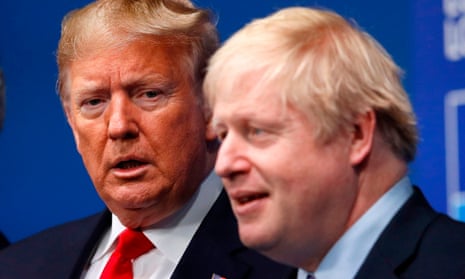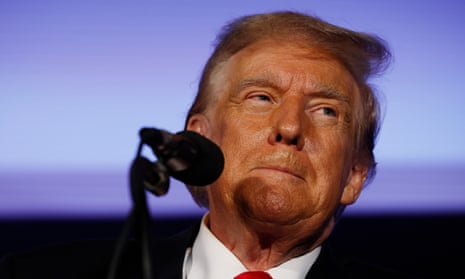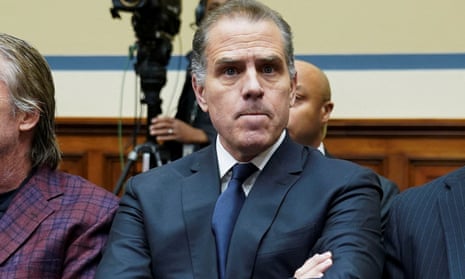The United Kingdom has forwarded satellite photographs of North Korean cargo shipments to Russia to a panel of United Nations (UN) experts, seeking an official investigation into potential arms deals violating international sanctions. North Korea faces accusations of supplying ballistic missiles and artillery shells to Russia for its involvement in the conflict in Ukraine since a meeting between Vladimir Putin and Kim Jong-un in September. The UK's submission, including images of Russian ships loading containers at North Korea's Najin port, aims to trigger a UN investigation into the alleged violations.
The unpublished UK defense intelligence report, viewed by The Guardian, reveals imagery from September to December showing the Maia, Angara, and Maria ships loading containers in North Korea. While the report couldn't identify the container contents, it follows a recent US announcement that Russia used North Korean ballistic missiles in Ukraine. The report, along with evidence from the US and other countries, was provided to the UN panel of experts on North Korean proliferation. The panel is expected to release its first final report next month, coinciding with the increase in suspected North Korean ammunition shipments to Russia this year.
The US-sanctioned ships have links to the Russian defense ministry's Oboronlogistika OOO, implicated in the illegal seizure of Crimea since 2014. A Royal United Services Institute report identifies two of these ships, indicating increased transshipments from North Korea to Russia. The deliveries have allegedly supported military strikes against Ukraine, prompting calls for a thorough investigation into Russia and North Korea's violation of international sanctions.
Prosecutors in Kharkiv claim fragments of North Korean-made Iskander missiles, suspected to be used in Ukraine, were sent for analysis, revealing hand-drawn serial numbers and distinct nozzle exhaust cone and welding. The US and UK, among other Security Council members, condemned the use of ballistic missiles procured from North Korea in attacks on Ukraine, emphasizing the severity of the situation.
The senior director for arms control at the White House, Pranay Vaddi, warned of "unprecedented" military cooperation between Russia and North Korea, expressing concern about potential implications for the US nuclear deterrence policy in South Korea and Japan. The UK's move to submit evidence to the UN reflects efforts to address alleged violations and prevent the proliferation of nuclear weapons.UK Submits Satellite Images to UN, Alleging North Korean Arms Shipments to Russia
The United Kingdom has forwarded satellite photographs of North Korean cargo shipments to Russia to a panel of United Nations (UN) experts, seeking an official investigation into potential arms deals violating international sanctions. North Korea faces accusations of supplying ballistic missiles and artillery shells to Russia for its involvement in the conflict in Ukraine since a meeting between Vladimir Putin and Kim Jong-un in September. The UK's submission, including images of Russian ships loading containers at North Korea's Najin port, aims to trigger a UN investigation into the alleged violations.
The unpublished UK defense intelligence report, viewed by The Guardian, reveals imagery from September to December showing the Maia, Angara, and Maria ships loading containers in North Korea. While the report couldn't identify the container contents, it follows a recent US announcement that Russia used North Korean ballistic missiles in Ukraine. The report, along with evidence from the US and other countries, was provided to the UN panel of experts on North Korean proliferation. The panel is expected to release its first final report next month, coinciding with the increase in suspected North Korean ammunition shipments to Russia this year.
The US-sanctioned ships have links to the Russian defense ministry's Oboronlogistika OOO, implicated in the illegal seizure of Crimea since 2014. A Royal United Services Institute report identifies two of these ships, indicating increased transshipments from North Korea to Russia. The deliveries have allegedly supported military strikes against Ukraine, prompting calls for a thorough investigation into Russia and North Korea's violation of international sanctions.
Prosecutors in Kharkiv claim fragments of North Korean-made Iskander missiles, suspected to be used in Ukraine, were sent for analysis, revealing hand-drawn serial numbers and distinct nozzle exhaust cone and welding. The US and UK, among other Security Council members, condemned the use of ballistic missiles procured from North Korea in attacks on Ukraine, emphasizing the severity of the situation.
The senior director for arms control at the White House, Pranay Vaddi, warned of "unprecedented" military cooperation between Russia and North Korea, expressing concern about potential implications for the US nuclear deterrence policy in South Korea and Japan. The UK's move to submit evidence to the UN reflects efforts to address alleged violations and prevent the proliferation of nuclear weapons.

